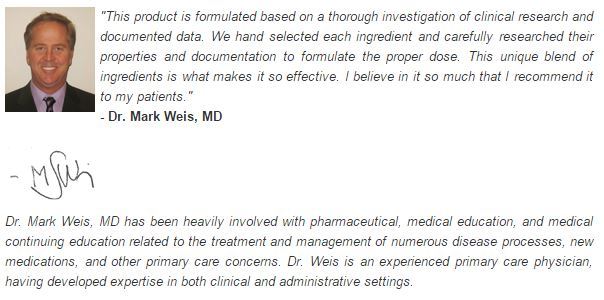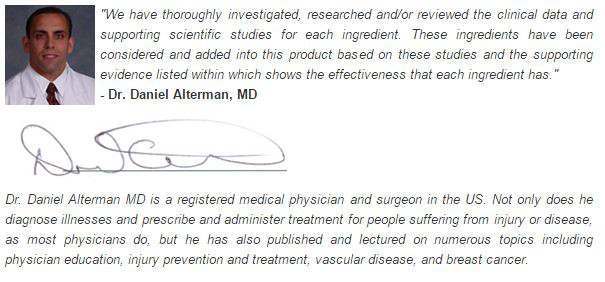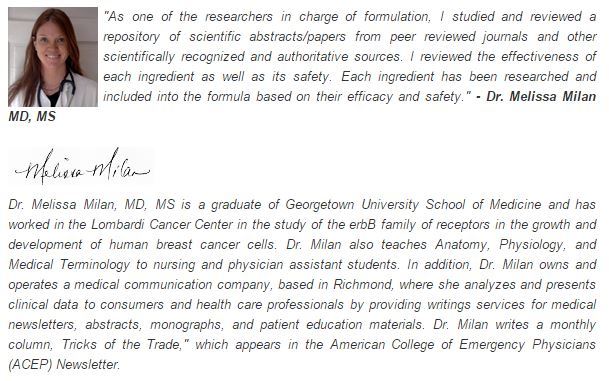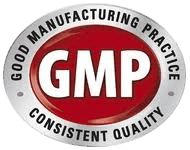The Science Behind Nitric Oxide
Does It Really Work?
What's The Science Behind Nitric Oxide?
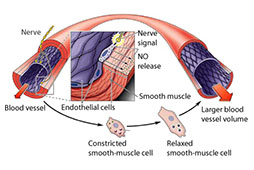
Nitric Oxide supplements have become popular thanks to their many health benefits to increase blood flow and boost muscle building.* They are now one of the biggest health supplements in the country, especially when it comes to bodybuilding.*
Nitric Oxide improves blood flow by causing the blood vessels to dilate which allows them to become more relaxed. This will increase the flow of oxygen and nutrients to the muscles, providing the necessary nourishment for them to grow.* Nitric Oxide is a gas that is naturally produced in the body, however, sometimes our body needs an extra boost to produce Nitric Oxide to enhance blood flow and increase our muscle building potential. So, when a product comes along that will help you achieve your goals, then it makes sense to enjoy the benefits it provides. Why not?
Observed Benefits Of Nitric Oxide
- Improves cardiovascular health*
- Maximizes muscle building*
- Promotes lean body mass*
- Fast muscle recovery*
- Enhances blood flow*
- Increases endurance during workouts*
- Improves sexual performance*
However, not all Nitric Oxide products can produce these impressive results and help you reach your health goals. Make sure to choose a premium-quality product with 100% natural, scientifically-proven ingredients that is manufactured according to the highest modern standards.
Nitric Oxide Supplements For Your Body
Nitric Oxide For Muscle Building:*

An often reviewed study on the effects of Nitric Oxide, published in The Journal of Sports Medicine and Physical Fitness, specifically uses Nitric Oxide boosting ingredients to test their effect on muscle gain, strength, and body mass. The clinical trial was a randomized, double-blind, placebo-controlled study conducted on 22 adult males. All the participants were on a high-intensity strength training program.
The participants were divided into two groups; one receiving the Nitric Oxide boosting ingredients such as L-Arginine, and the other, a placebo group. The supplement was administered orally for a total of 25 administrations, over a five-week period. For a full review of that clinical study, please Click Here.
At the conclusion of the study, the Nitric Oxide group had a significant increase in producing greater total gains in strength and lean body mass compared to the placebo group.* It was also noted that Nitric Oxide enhanced recovery from chronic stress by decreasing tissue breakdown.*
Pine Bark Extract For Heart Health:*

A popular study on the effects of Pine Bark extract (Pycnogenol) on endothelial functioning in patients with coronary artery disease was published in the European Heart Journal. The study was a randomized, double-blind, placebo-controlled, crossover study conducted on 23 patients with coronary artery disease. Previous studies have shown Pycnogenol to have anti-inflammatory effects and to inhibit platelet aggregation which are both risk factors for cardiovascular disease.
In this study, the patients were divided into two groups. For the first eight weeks, one group received Pycnogenol and the other group received a placebo. Then after a two-week washout period, the groups switched, with the placebo group now receiving the Pycnogenol. Endothelial function and APB were measured at 0, 8, 10, and 18 weeks. For a full review of that clinical study, please Click Here.
Results showed that there was an improvement of the flow-mediated dilation of the brachial artery with the Pycnogenol, while there was no change with the placebo.* This study showed that Pycnogenol improves endothelial function in coronary artery disease patients by reducing oxidative stress.*
Quercetin Reduces Blood Pressure:*

Studies have found Quercetin, an antioxidant, to be associated with a reduced risk of coronary heart disease and stroke.* A randomized, double-blind, placebo-controlled, crossover study was published in The Journal of Nutrition showing the effects of Quercetin on men and women with pre-hypertension and stage 1 hypertension.
Results showed a significant reduction in systolic, diastolic, and mean arterial pressures in patients with stage 1 hypertension after taking Quercetin.* For a full review of that clinical study, please Click Here.
If you have additional questions, please visit our Frequently Asked Questions page.
References:
1 - The Journal of Sports Medicine and Physical Fitness


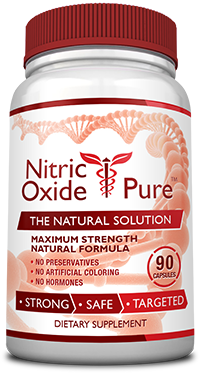




 Nitric Oxide Pure™'s formulation of effective ingredients and strong name recognition have brought praise from both customers and health professionals alike. To learn more about the research and data behind Nitric Oxide Pure™ , please visit our "
Nitric Oxide Pure™'s formulation of effective ingredients and strong name recognition have brought praise from both customers and health professionals alike. To learn more about the research and data behind Nitric Oxide Pure™ , please visit our "